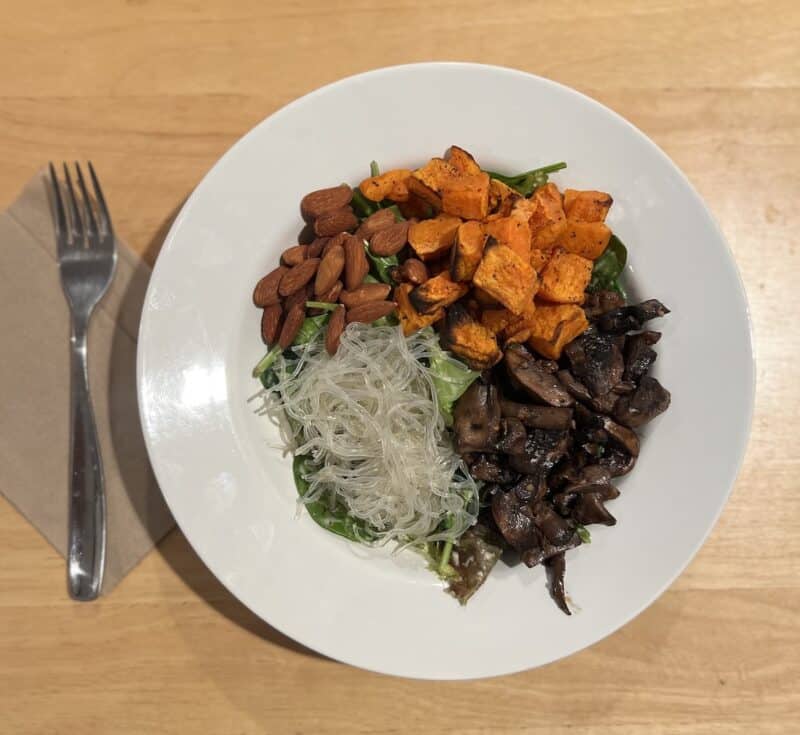
Nutrition is vital for maintaining energy levels. Eating the right foods can empower you to perform daily tasks. However, all patients should consult their mesothelioma doctor before making dietary changes.
Managing mesothelioma involves not only what you eat but also when you eat. Consuming smaller meals throughout the day can provide necessary nutrients without causing discomfort. If you’re not eating every three hours, setting a timer can help, as it’s easy to forget when you’re unwell.
Find a Cancer Nutritionist
Every mesothelioma patient has distinct dietary requirements, making it essential to consult a nutritionist or dietitian knowledgeable about mesothelioma. Some treatment centers provide nutritionists, and mesothelioma doctors can also give referrals. Certain health insurance plans may also cover nutrition consultation expenses. Mesothelioma Hope can help patients with the most accurate information about the aggressive cancer mesothelioma.
Boost Protein, Reduce Fat
Following treatment, mesothelioma patients require protein for healing. Insufficient protein can lead to weight and muscle loss, challenging daily activities. A diet rich in protein aids recovery and strength restoration. Lean protein sources such as poultry, fish, beans, and tofu are more easily digested. Lowering fat intake can alleviate nausea and digestive problems, as the body needs more time to process fats.
Customize Your Meals to Suit Your Needs
You might find large meals challenging during treatment if you enjoyed eating three regular meals a day before your mesothelioma diagnosis. You can still maintain your nutrition to keep your energy up by being a bit creative.
Some mesothelioma patients discover that eating five or six smaller meals is more comfortable than three large ones. The time of day might also play a role. You might digest complex foods better in the morning but prefer clear broth and tea in the evening.
Try out different strategies. Your body is unique, and what suits another person’s mesothelioma diet might not fit yours. The best meal plan helps you maintain your weight and consume healthy, nutrient-rich foods.
Opt for Multiple Small Meals
Rather than eating three large meals daily, try to have six to eight smaller ones. This method can facilitate digestion and nutrient absorption. Eating smaller meals consistently can help sustain your energy levels as fatigue creeps in. For instance, snacking on fruits and vegetables provides a nutritious and easily digestible option.
Enjoy Your Mesothelioma-Friendly Diet
When focusing on eating for health, taste might often be overlooked. If you’re feeling fatigued, preparing an appealing meal might seem overwhelming. However, enjoying delicious meals can motivate you to consume the nutrients needed to combat fatigue.
Consider asking family and friends for cooking assistance. Share your food preferences and the components of your healthy mesothelioma diet. Some mesothelioma patients benefit from organizing a meal assistance care calendar.
Alternatively, explore healthy prepared meal options at your local grocery store. Many stores and delis now offer fresh, healthy ready-to-eat food. While you might have less control over the ingredients, you could find simple pre-made meals that suit your needs.
Endnote
A mesothelioma patient diet is crucial in maintaining weight and strength during treatment. A dietitian may suggest a mix of high-protein and high-calorie foods, which can also alleviate some treatment side effects, along with certain dietary supplements.






